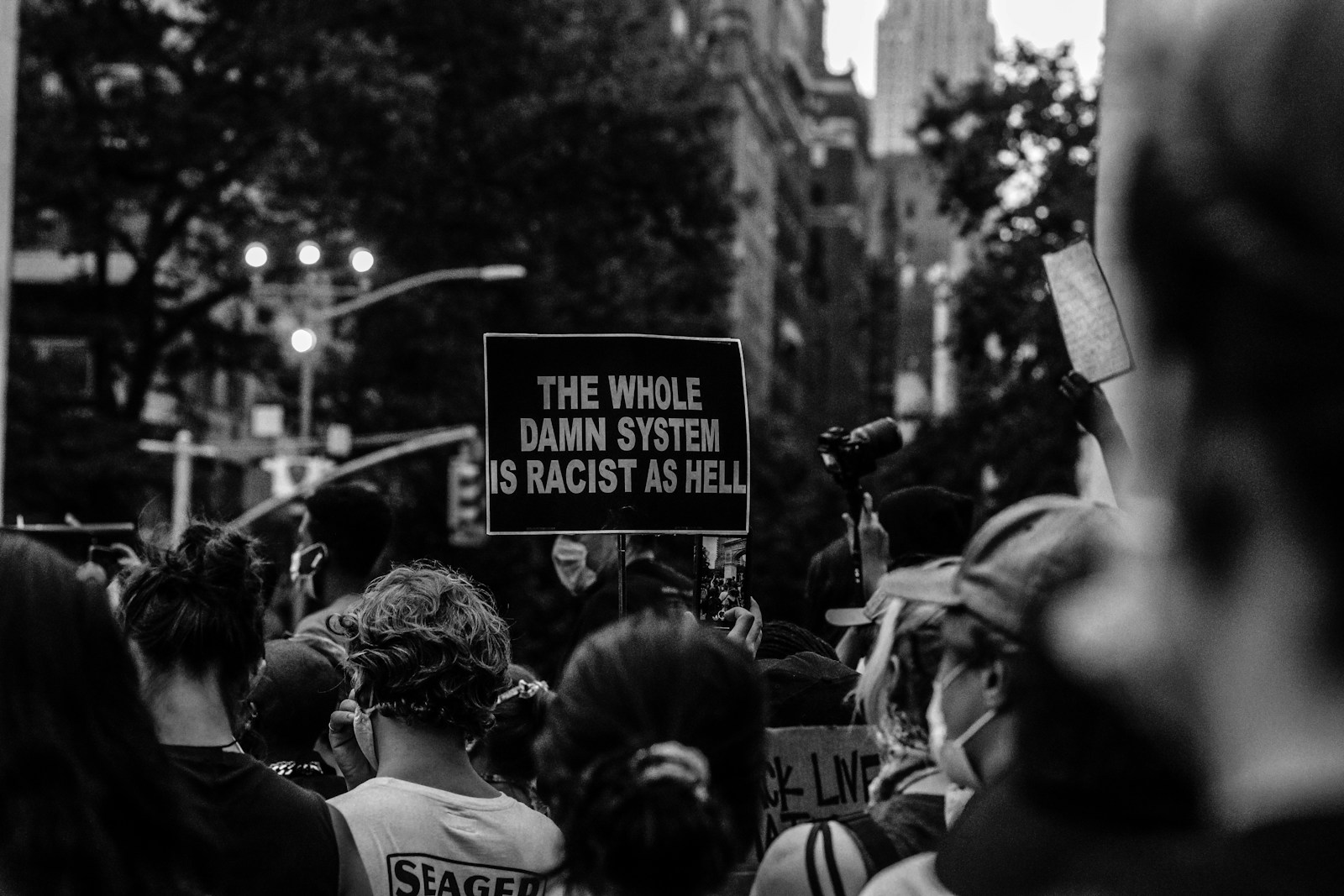Key Takeaways:
– Environmental group Climate Cymru BAME has urged the Welsh Government to establish dog-free sections within local parks.
– The push is part of an anti-racist initiative aiming to make Wales more inclusive for all its inhabitants.
– Calls were further reinforced by the North Wales Africa Society, basing some of their concerns on feedback from focus group discussions.
Welsh Government Told to Make Parks More Inclusive
In a move to make Wales more inclusive for all residents, the Welsh Government has been advised to create designated dog-free zones in public outdoor spaces. This advice was initiated by the environmental group, Climate Cymru BAME, who aim to make the country’s public spaces more comfortable for everyone.
Support for Dog Free Spaces
The call for such a change has not only stemmed from Climate Cymru BAME. Another advocacy group, the North Wales Africa Society, echoed these sentiments. During a focus meeting, a black African female participant voiced her discomfort regarding the presence of dogs in public places. This specific concern highlighted a potential obstacle to inclusivity that the Welsh Government may need to address.
Balancing Diverse Needs and Interests
The request for dog-free zones within public parks isn’t intended to exclude dog-lovers. Instead, it aims to balance the diverse needs and interests of all park users. The introduction of these specific zones would offer individuals uncomfortable or frightened by dogs a place to relax without fear of canine interaction.
Making Public Spaces Welcoming
Regenerating public areas to enhance inclusivity is a priority. But, the goal must extend beyond just making spaces look appealing. They must also feel welcoming to all types of people—regardless of their cultural background or personal preferences. Having sections where dogs are not allowed is one step towards achieving this objective.
Addressing Unexpected Challenges
Strides towards inclusivity often involve addressing unexpected challenges. The anxiety or discomfort some black Africans experience around dogs is one such issue that got unveiled during focus group meetings. Proactive steps addressing these concerns will foster broader inclusivity.
Reflecting Community Voices
Calls like these are critical as they echo the voices of distinct communities within society. By implementing dog-free zones, the Welsh Government can show its commitment to enhancing the lived experiences of all residents. These actions would not just respond to feedback but actively involve communities that might otherwise feel overlooked.
A Positive Step Forward
Creating dog-free zones in public spaces could be a positive step towards inclusivity. By providing green spaces that cater to the diverse sets of needs of community members, the Welsh Government would demonstrate understanding and empathy towards all user groups. This progressive measure can further enrich the overall community experience in public outdoor spaces.
Inclusivity Beyond Green Spaces
Creating dog-free zones is potentially just one initiative in an ongoing drive for greater inclusivity within Wales. It is crucial that concerns raised by diverse groups are continuously acknowledged and addressed in all aspects of society. By doing so, the government can ensure that these public spaces are truly welcoming for everyone—whether they are dog-lovers or otherwise.
Towards a More Inclusive Future
These calls for dog-free zones are not just a request for physical alterations to green spaces. They represent a desire for broader societal change—a future where everyone feels comfortable and safe. As the Welsh Government continues to listen to these voices, the path to a more inclusive Wales becomes clearer. The government’s commitment to promoting inclusivity will hopefully serve as a model for others to replicate.
As the story unfolds, the importance of inclusivity and how it is actively pursued in public space planning will continue to be discussed. While the introduction of dog-free zones is a step in this direction, there must be constant appraisal and review of policies to ensure they effectively cater to a diverse population. Only that way can we truly build a society where everyone feels included and valued.
